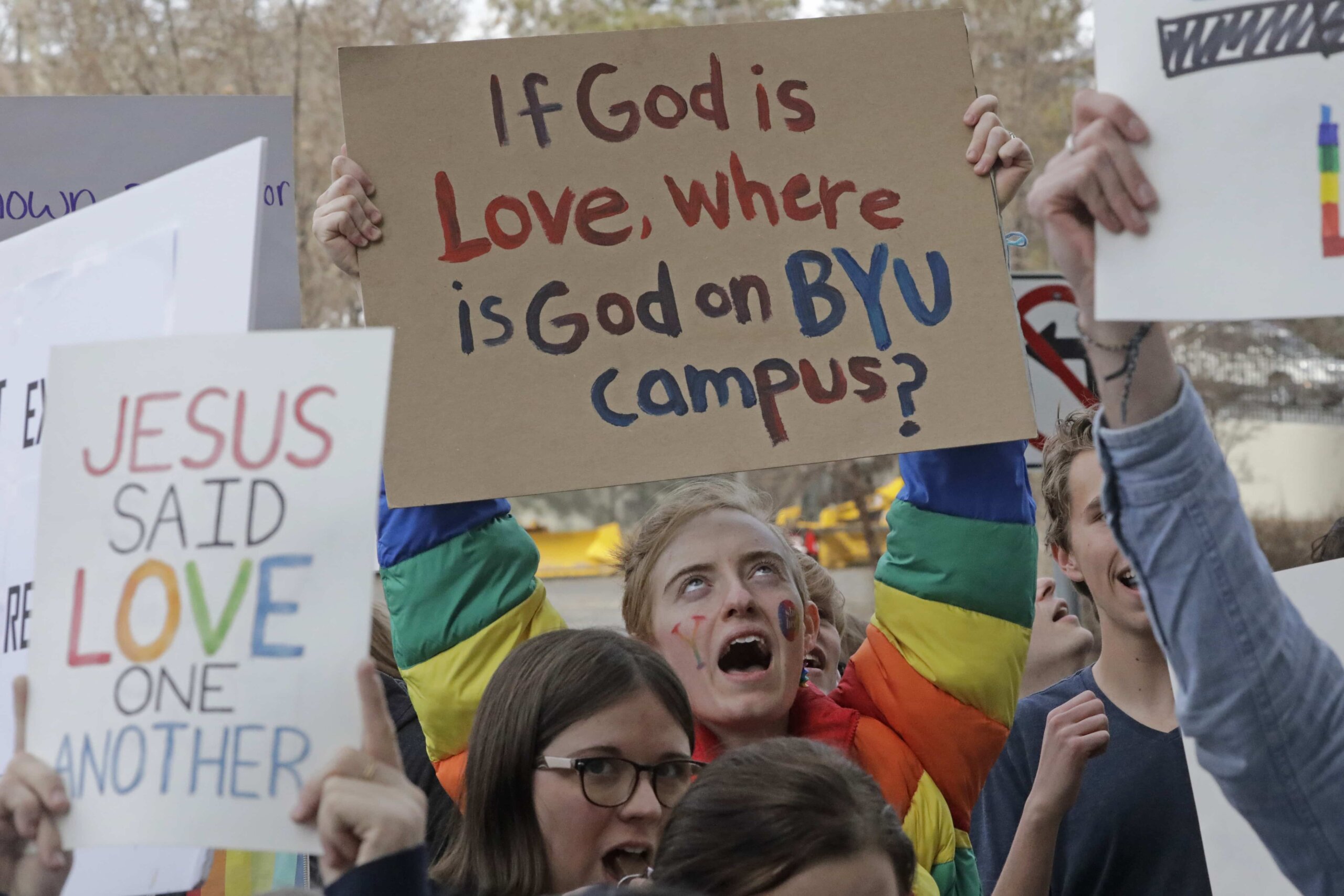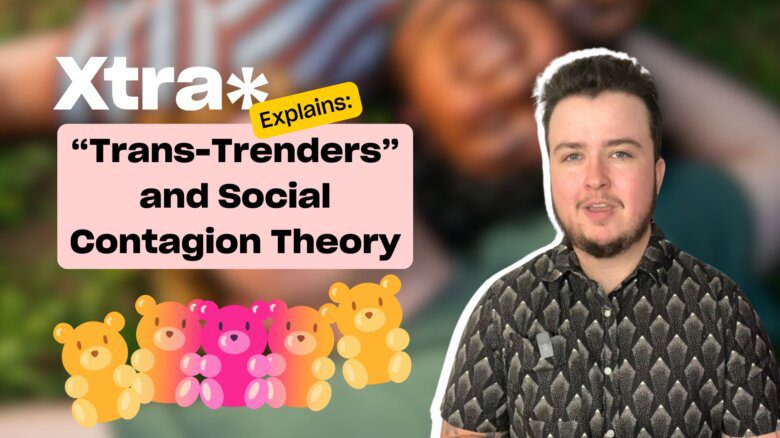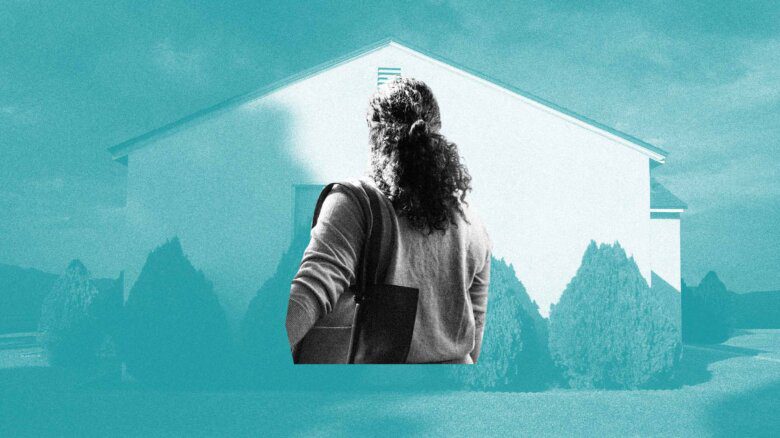Twenty-two LGBTQ2S+ students celebrated their graduation from Brigham Young University, a private Mormon college in Provo, Utah, with a Lavender Graduation ceremony held April 16 by the OUT Foundation.
“It was very refreshing and uplifting,” John Valdez, executive director of the OUT Foundation, an organization dedicated to building community among queer BYU students and alumni, tells Xtra. “You could feel the energy from the students getting ready to spread their queer little wings and fly.”
At the ceremony, held at a private residence, students received lavender cords to wear with their caps and gowns at BYU’s commencement. In addition to the students, about 45 people attended the ceremony, with two faculty members and actor and comedian Stacey Harkey speaking at the ceremony.
“There’s been a lot of energy around doing a Lavender Graduation for the past couple years, but it’s been hard with the pandemic to hold any type of events,” Valdez says.
Created by Dr. Ronni Sanlo, a Jewish lesbian who was barred from attending her children’s graduation because of her sexual orientation, Lavender Graduation ceremonies are now held at over 200 universities today. But unlike most ceremonies, which are traditionally held by their universities on their campuses, this one was not sanctioned by BYU, which is the largest Mormon college in the world. Rather, Valdez says that the BYU legal office swiftly told the OUT Foundation that it needed to clarify that the event was not sponsored by the college, but rather held for BYU students.
Although BYU amended its handbook in 2007 to allow its students to openly identify as gay without breaking its code of conduct, the Mormon college has remained inhospitable to LGBTQ2S+ students. In February 2020, BYU removed bans on same-sex dating from its honour code, only to reverse this move just two weeks later in a letter sent to the college community, affirming that “same-sex romantic behaviour” was still a violation of the honour code and would be punished. Many students felt betrayed by the move, saying that they felt the college coerced them into coming out.
A year later, students coloured the university’s iconic 380-foot “Y,” which overlooks the campus from a mountain, with rainbow lights in a message of hope for LGBTQ2S+ students at BYU. The college subsequently banned students from engaging in protests that interfered with the “Y” or opposed church doctrine in January 2022.
That same month, the U.S. Department of Education launched an investigation into how BYU disciplines its LGBTQ2S+ students, and although the DOE eventually dismissed the complaint, students have remained steadfast both in their solidarity with each other and with LGBTQ2S+ people across the country. Last month, students lit the “Y” in the pink, blue and white in solidarity with trans people in Utah, where lawmakers recently banned trans youth athletes from participating on girls’ teams.
“It was a celebration hosted by queer people, attended by queer people, thrown for queer people.”
Valdez says that the events of the past few months had an indirect impact on the Lavender Graduation for BYU students.
“I think there’s a lot of angst on campus, and it’s in part because of things that have been happening this year. But it’s also from the nature of going to BYU as a queer student. There’s a history of struggle. So it felt particularly refreshing and validating to celebrate something that’s habitually oppressed,” Valdez says.
Valdez says that the OUT Foundation hopes to hold a Lavender Graduation for BYU students every year.
“There was this one conversation that was happening at all the different tables at the ceremony,” Valdez says. “It’s that when organizations or institutions—whatever the majority is—don’t create a space for you, it’s up to you to create that space. And that’s what this felt like. It was a celebration hosted by queer people, attended by queer people, thrown for queer people.”


 Why you can trust Xtra
Why you can trust Xtra


